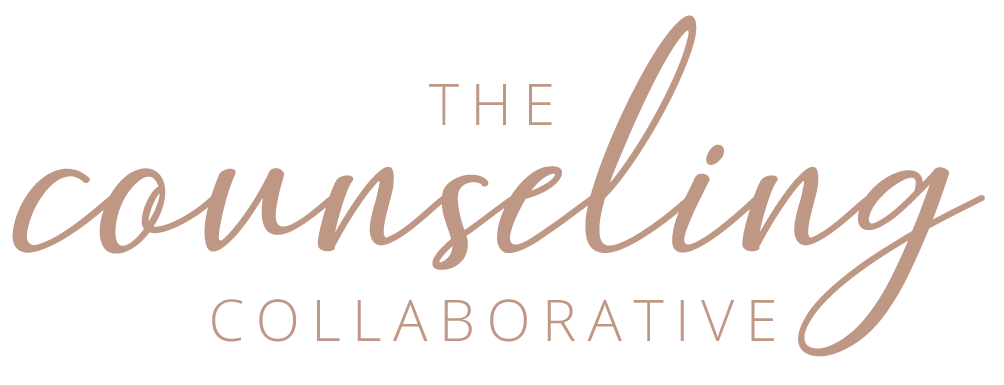Self-Reflection and Accountability in Relationships
In the therapy room, a pain point that often comes up in conversation is relationships – relationships with partners, friends, parents, in-laws, siblings, co-workers, etc. It makes sense why this is such a common theme. Therapy offers a safe, objective space to process frustrating interactions, and therapists can be a really great sounding board when these frustrations arise. We also know that many people pursue therapy when what they are struggling with starts to negatively impact their relationships.
When conversations about relationships come up, one question that my clients will hear me ask over and over again is, “What is within your control?” While it can feel frustrating to accept that we cannot change other people, it can feel equally as empowering to know we do have some control over the situation. You cannot control the thoughts, feelings, or actions of others, but you can control those things for yourself. You cannot control what others choose to do, but you can control the expectations you hold and the boundaries you set. Self-reflection and accountability can be really powerful tools for creating change, and the good news is, they don’t require anyone but you.
My description of self-reflection is taking a moment to “look in the mirror.” You can be frustrated, resentful, angry, hurt, jealous, disappointed - all of those feelings are valid. But when you take a moment to “look in the mirror” and ask yourself the question “What is this person/situation/interaction bringing up for ME?,” you can gain a lot of clarity and direction. One of the benefits of therapy is the ability to become more reflective and aware of patterns and tendencies. Self-reflection allows us to shift the focus from the other person to ourselves. This might cause us to acknowledge things we would rather not, but sometimes it is actually us that is in the way of a relationship improving.
Accountability looks like taking responsibility for your part in a situation. This is especially true within conflict. It is easy to point the finger at another person and focus on what they have done wrong. There is a lot of power in being able to ask yourself the question, “What was my role in this?” For example, if you are experiencing resentment towards your partner for not helping out enough, holding yourself accountable might sound like, “Have I clearly communicated that I need more help?” (and no, stomping around the house does not count). Holding yourself accountable also means apologizing and being accountable for your actions. In order to shift the dynamic of an interaction, this might require you to take accountability first – something a lot of people are uncomfortable with.
Self-reflection and accountability can both be done from a place of self-love and compassion. We can get curious about our behaviors and tendencies without self-judgment or shame. I encourage you to identify areas or relationships in your life where becoming more reflective or accountable might allow you to see some change or progress. When we rely on others to change to improve a relationship, it can leave us feeling stuck, frustrated, and defeated. When we encourage ourselves to be reflective and accountable, it gives us the opportunity to feel empowered.

